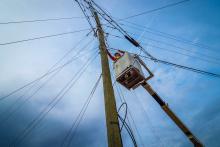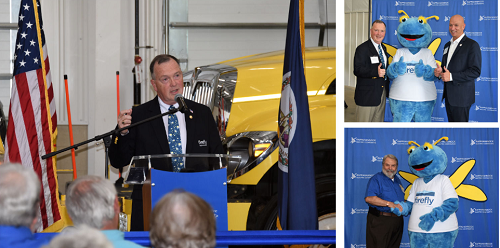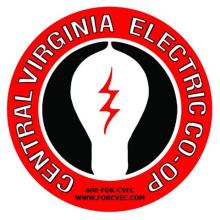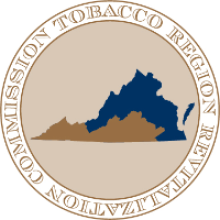CVEC’s Firefly Nabs $12.2 Million Of $41 Million In New Virginia Broadband Grants
Central Virginia Electric Cooperative’s (CVEC) Firefly Broadband subsidiary has been awarded a new $12.2 million grant from the state of Virginia. The award will help fund a major update to an already massive effort to extend affordable broadband to vast swaths of rural Virginia.
According to a cooperative announcement, the $12.2 million in Virginia Telecommunication Initiative (VATI) grant funding will be used to help fund a broader $48.6 million partnership with Rappahannock Electric Cooperative, Dominion Energy, and county governments.
These current VATI funds were largely made possible by federal COVID relief legislation passed in 2021. Such ARPA (American Rescue Plan Act) funding saw fewer overall restrictions and greater flexibility than infrastructure bill funding (BEAD) authorized the same year, resulting in states more quickly doling out funding for emerging broadband deployments.
“The fiber construction project will span approximately two years, covering 603 miles and reaching nearly 6,000 additional eligible locations in the counties of Amherst, Appomattox, Buckingham, Campbell, Fluvanna, Goochland, Greene, Louisa, Madison, and Powhatan,” CVEC said of the plan.

CVEC and Firefly’s expansion into unserved Virginia comes after the cooperative first finished an ambitious, $130 million plan to install over 4,500 miles of fiber-optic cable across 14 counties, providing broadband internet access to all of its 39,000 members.









